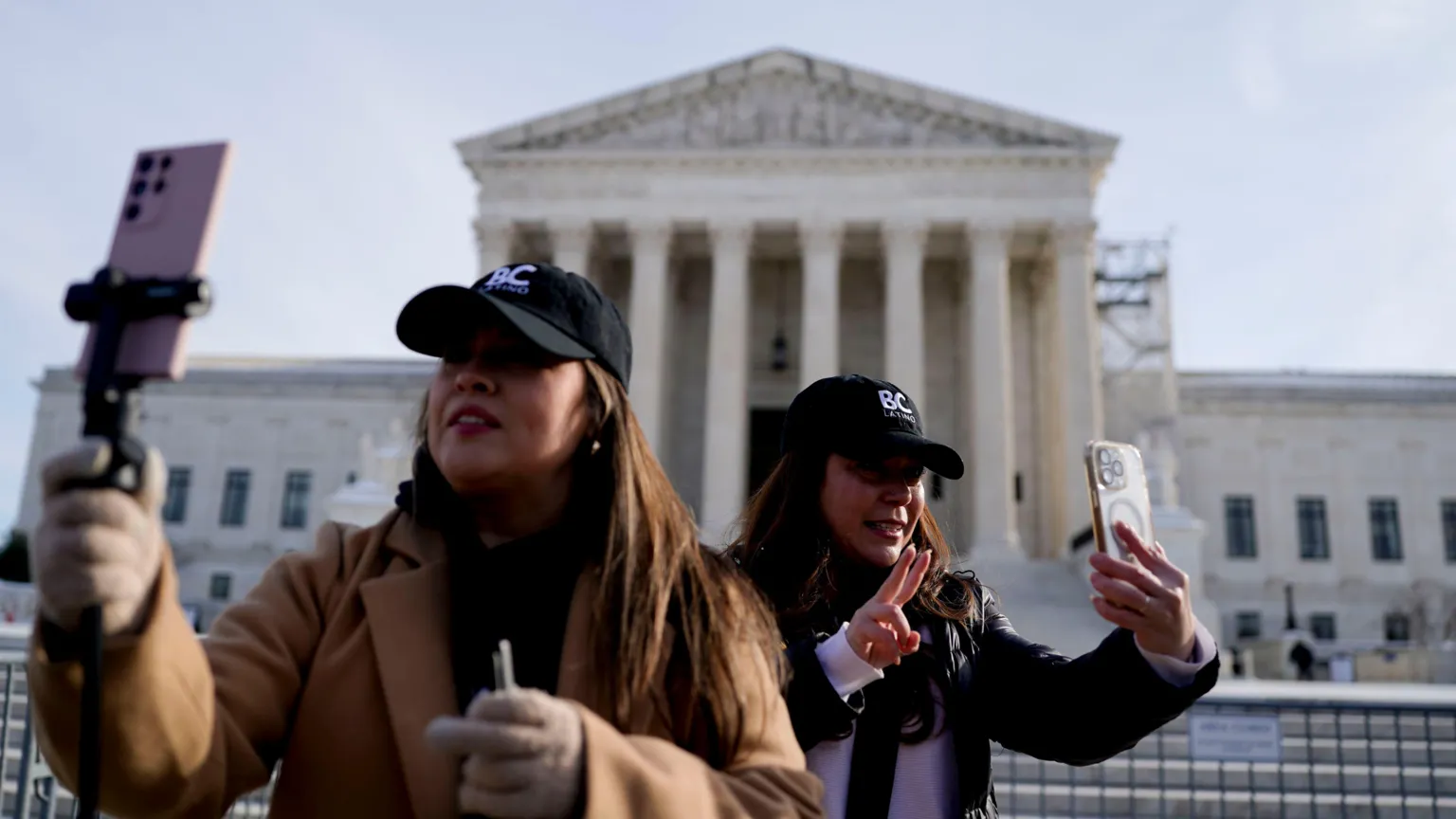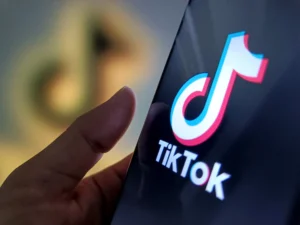The U.S. Supreme Court appears inclined to uphold a law that would ban TikTok unless its parent company, China-based ByteDance, divests the platform by the January 19 deadline. The contentious law, passed by Congress with bipartisan support, has raised questions about national security and free speech.
TikTok, which has over 170 million U.S. users, is accused by the government of posing a potential national security threat, claiming that the Chinese Communist Party could exploit the platform for surveillance and political manipulation.
Legal Battle Over Free Speech
TikTok’s lawyers and content creators argue the ban violates the First Amendment, emphasizing the platform’s role in free expression.
Noel Francisco, a former U.S. solicitor general representing TikTok, warned that the ban sets a dangerous precedent for censorship. “The government cannot restrict speech to protect us from speech,” Francisco told the justices.
Content creators, represented by Stanford law professor Jeffrey L. Fisher, highlighted the platform’s economic importance and community impact, especially for small businesses and marginalized groups.
National Security at the Forefront
The government, represented by Justice Department lawyer Elizabeth B. Prelogar, underscored ByteDance’s ties to the Chinese government as a pressing concern. “Beijing could weaponize TikTok at any time to harm the United States,” Prelogar said.
Chief Justice John Roberts and Justice Brett Kavanaugh echoed concerns about the app’s data collection practices and its potential misuse, framing the issue as a significant national security risk.
Trump’s Stance on TikTok
President-elect Donald Trump, set to return to the White House on January 20, has urged the court to delay its decision to allow him to pursue a political resolution.
TikTok’s legal team warned that without intervention, the app would “go dark” on January 19. Prelogar suggested the looming shutdown could pressure ByteDance to reconsider a sale, likening the situation to a “game of chicken.”
Broader Implications
The Supreme Court’s decision could have far-reaching consequences for U.S.-China relations, tech regulation, and freedom of speech. Legal experts suggest the justices may lean toward upholding the ban, citing national security as a priority.
“Traditionally, the Supreme Court defers to the government when national security is at stake,” said Carl Tobias, a law professor at the University of Richmond.
Public and Creator Backlash
TikTok creators and users rallied against the potential ban, with some attending the hearing in freezing conditions. Creators argued the platform provides financial independence and a vital source of community.
Chloe Joy Sexton, a business owner and mother, said, “A TikTok ban would place many women, myself included, in financial jeopardy.”
Global Context
TikTok has already been banned from government devices in several countries, including the U.K., and faces outright bans in nations like India. A December appeals court ruling upheld the law, citing China’s history of leveraging private companies for strategic purposes.
Next Steps
The Supreme Court is expected to issue a ruling within days, potentially solidifying TikTok’s future in the U.S. While the court’s decision may address immediate national security concerns, it also raises deeper questions about tech regulation, free speech, and global tech competition.



